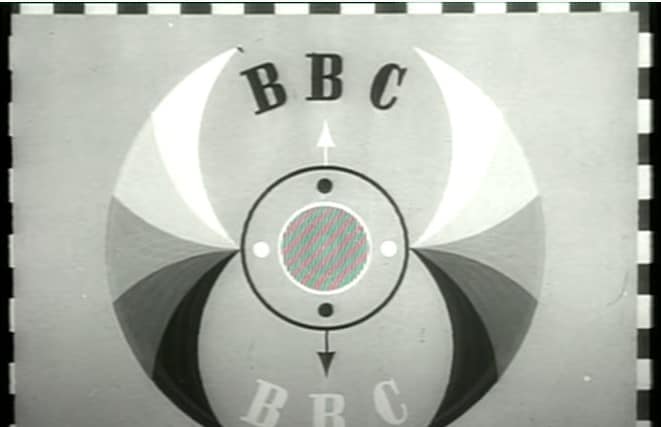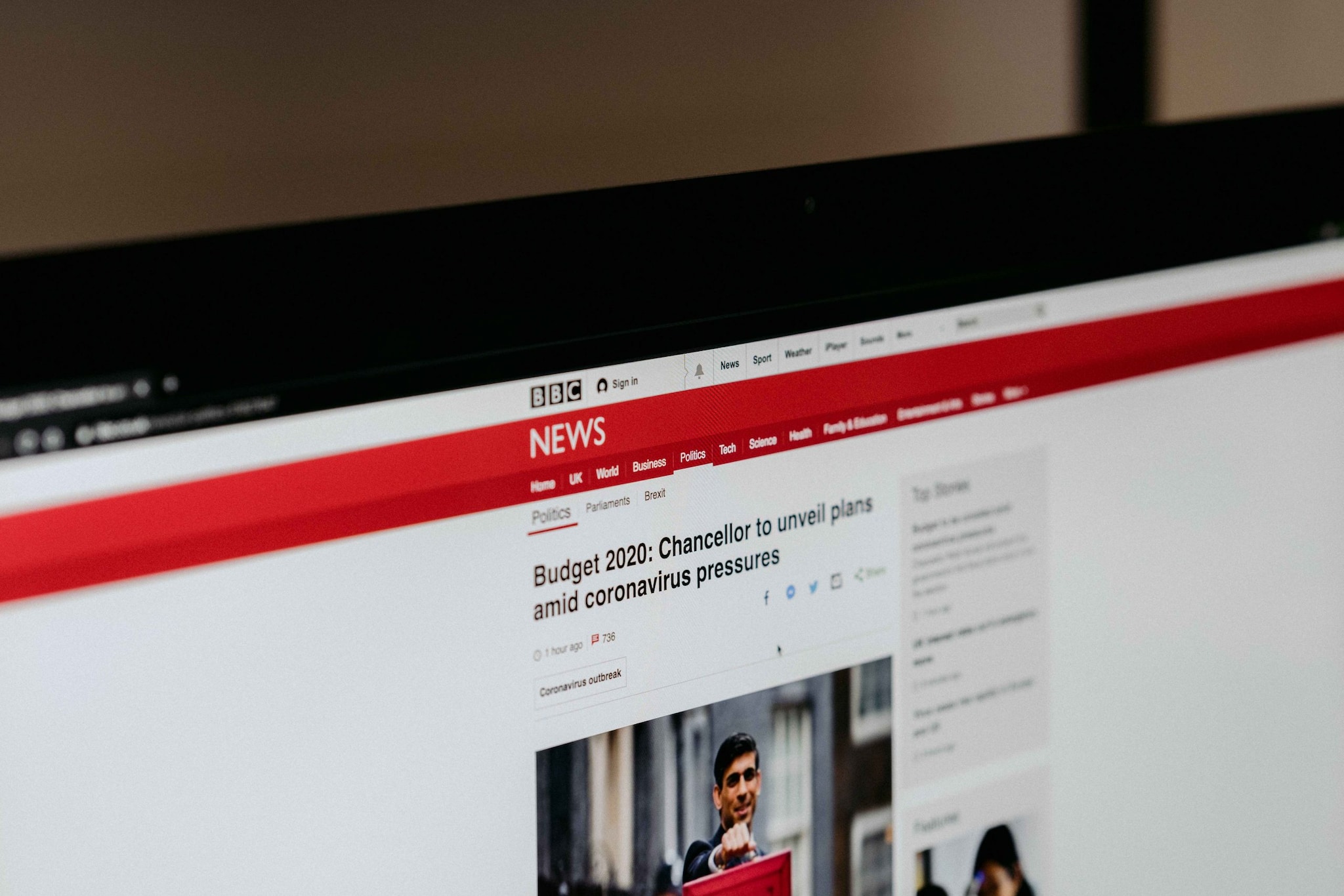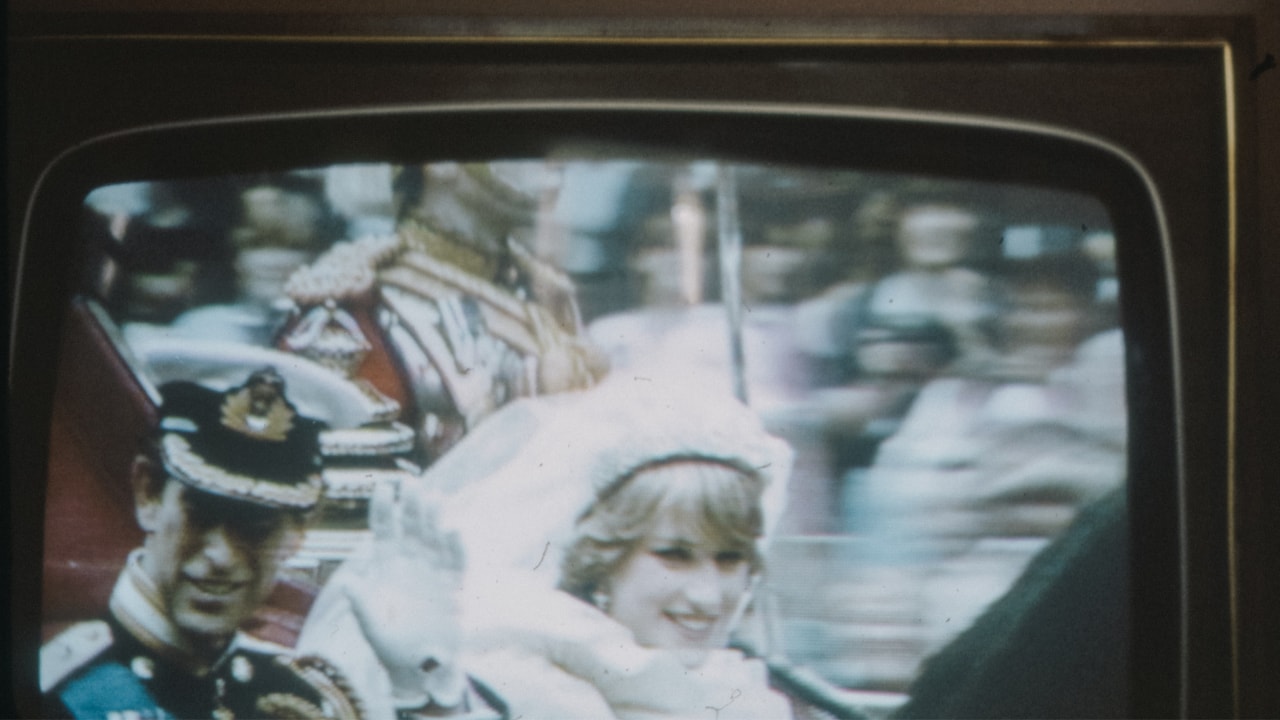In 2015-16, I was privileged to lead the revamping of the brand architecture for Star Sports as it moved to multiple channels across languages including a Hindi ‘Free To Air’ channel, Tamil channel, premium paid channels and so on. This is still its existing portfolio and brand identity. At the time, I had studied the example provided by Discovery, CNN and importantly, the BBC.
I have continued to observe the transformations that media brands have made while navigating changes in technology and consumer habits. The BBC is an iconic brand in that group earnestly trying to keep its proposition relevant worldwide. As in the case of many pioneering media mastheads, it conforms to the ‘Sage’ archetype.
Established on 18 October 1922, the BBC has completed a hundred years of existence. The British Broadcasting Company was established as a commercial broadcasting company in October 1922. Under Royal Charter, it became a public service broadcaster in 1927 and changed its name to British Broadcasting Corporation. It began broadcasting the world’s first regular high-definition television service from Alexandra Palace, London, on 2 November 1936.
It remains the world’s largest public service broadcaster with a total staff count of over 22,000, operating in over 70 countries. Its mission, laid down by Royal Charter, is to “act in the public interest,” champion impartiality, and “inform, educate and entertain.”
The BBC’s portfolio includes eight interactive TV channels, ten radio networks, and more than 50 local TV and radio services. The BBC World Service, established in 1932, reaches a global weekly audience of nearly 450 million and is considered by many to be one of the UK’s most important cultural contributions. From award-winning modern crime dramas such as Line of Duty to its beloved dramatization of classics such as Jane Austin’s Pride and Prejudice, the BBC is recognized and respected throughout the world. Anglophile or not, everyone nods an acknowledgement of the soft power represented by the BBC.
Global programing and impact
Perhaps no other institution is woven so deeply into the fabric of British national life as the BBC. It operates as an engine of ideas, risk-taking and ambition that powers Britain’s creative industries. It is the leading incubator of the UK’s story-telling talent. There is an exceptionally high correlation between places where people are aware of the BBC and places where people think positively about the UK. It operates in 42 languages from Korean to Punjabi to Pidgin. The global reach is on track to hit half a billion people by 2022 and over a billion by the end of the decade.

At the height of World War II, the BBC launched what would become one of its most well-known radio programs – Desert Island Discs. Still aired to this day, celebrities would pretend to be ‘cast away’ on a desert island with nothing but eight musical tracks, one book, and one luxury item. The novel concept behind the show proved instantly popular with listeners who enjoyed getting to know the celebrities of the day, and their musical tastes, more intimately. The variety of programs and coverage continued to reach new heights throughout the 1940s. Still produced more than 75 years later, Women’s Hour would be the first radio program dedicated to issues affecting women at the time.
Although the 1950s was a golden era for television, radio continued to entertain more people, and few radio programs have been more successful than The Archers. Set in the make-believe rural village of Ambridge, the show follows the life of several characters in the farming community and remains the longest-running soap opera in the world.
Back in the world of television, Britain and much of the world were awe-struck to witness the coronation of Queen Elizabeth II. Her funeral was also courtesy the BBC all the way across the world.
In 1967, BBC Two would become the first full-colour television service anywhere in the world, and the first event to be broadcast in colour was Tennis from Wimbledon.
The world would watch one of the great documentary presenters of all time David Attenborough present Life on Earth in January 1979, a program that brought the natural world into people’s living rooms. The broadcaster and natural historian would go on to present landmark nature documentaries including, the Emmy award winning series Planet Earth as well as the Blue Planet series.
The BBC’s coverage has cut across a spectrum. Be it the ‘Royal Wedding’ of Lady Diana Spencer and Prince Charles in 1980 watched by an estimated 750 million viewers in 74 countries or, later that decade, when BBC journalist Michael Buerk along with cameraman, Mohammed Amin, delivered one of the twentieth century’s landmark pieces of modern journalism. Reporting from Northern Ethiopia, Buerk’s coverage of the ‘biblical famine’ was picked up by over 400 stations worldwide. The coverage would go on to stir Bob Geldof and Midge Uhr to create the charity Band Aid, which was followed by the famous ‘Live Aid – Free the World’ concert a year later on 13 July 1985.
Keeping the brand relevant in a new age
In keeping its brand relevant and unified, rather than simply promoting individual TV and radio programmes, channels and websites, the BBC has pulled together its marketing output into packages with overarching messages about the core principles that drive the BBC.
This strategy was put to the test by its coverage of the London 2012 Olympics
The BBC’s overall editorial priorities were defined by the organisation’s Delivering Quality First (DQF) strategy. The marketing team saw there was scope to create campaigns that focused on the BBC Masterbrand and how it fulfilled its brief in areas such as drama or large-scale national events. A core and central BBC story that can be told wherever the audiences encounter the BBC. The BBC marketing team followed up its first masterbrand campaign, Bring Me Sunshine, which coincided with the wedding of Prince William and Kate Middleton in 2011, with two other masterbrand pieces of marketing – Wonderful World and Original British Drama.
While its first campaign showcased moments from the BBC archive, linking them to upcoming shows, Original British Drama brought together trailers for some of the BBC’s most high-profile pieces of drama including Sherlock, Call the Midwife and Birdsong.
The power of the internet and streaming has meant that audiences are consuming content in a more fragmented way than in previous generations. This fragmentation of consumption has been a driving force behind how the BBC has structured its content promotion and the marketing teams themselves. With access to the BBC available through television, radio, websites or online catch-up service iPlayer, the BBC’s creative marketing teams now work across the organisation rather than by channel or division.
Marketing strategy
Creative marketing is structured to pull brands together with the audience in mind. One team markets youth brands; BBC One and Radio 2 marketing is run together. The attempt is to join things up by consumer logic. The restructure of marketing at BBC was about creating an organisation where marketing could work far more upstream than before. That doesn’t just mean working with more senior people but showing everyone how marketing has a positive impact on the business. The earlier brand marketers get involved, the more impact they can have.
As well as working across multiple parts of the BBC, the marketing teams began using a wider range of media to promote it than ever before. In addition to the BBC’s own TV channels, radio stations and websites, social media got importance to draw in audiences and get audiences to continue the conversation in their own forums.

The BBC’s task for the next few years will be to balance traditional and new broadcasting methods and promote them effectively to audiences who want to access its content on a variety of devices, at any time of the day or night. As the digital revolution unfolds, this need for ever-greater focus and clarity about what you stand for is going to go on growing
Like for all brands, BBC’s quality, value, customer satisfaction, corporate reputation, general impression, recommendation and buzz matter. The challenge is marketing BBC news to the public as distinctive and high quality at a time when news services are proliferating and feel like commodities.
Historically, the BBC has stood for news especially in global markets. The BBC brand is not growing internationally with the same clarity and same sense of breadth that it has in the UK.
The Economist reports that “the BBC tends to offer news as its main mission, spending £314m ($346m) a year on it. But as David Hendy, a historian, explains in a new book, it was at first far less interested. As one early BBC boss put it: “I didn’t really care what was happening in Abyssinia.” By agreement with the newspapers, the BBC broadcast no bulletins before 7pm, to avoid competition. But the BBC – which in its early days employed no journalists – hardly tried anyway. “There is no news,” ran one crisply conclusive bulletin in 1930, before returning to a broadcast of Wagner’s “Parsifal”.
Wagner wasn’t mere filler. Cultural betterment, not bulletins, was seen as the BBC’s main mission. William Haley, an early BBC chief, envisaged radio as a pyramid with popular programmes at its base and high culture at its apex.”
Smartphone and streaming era
Smartphones and streaming have led to the cord cutting which declares an end for TVs in the West. Content is consumed individually, and at will.The message from the era of smartphones is brutal. Viewing figures among the young have collapsed.There is a sense that the BBC doesn’t do enough to justify itself. It can cover a state funeral beautifully, but it is increasingly irrelevant to many.
The BBC’s rebrand — unveiled in 2021 — its first in 24 years, signified a commitment to its audience on two counts: acknowledging their opinion that its identity looked “outdated” and “old-fashioned”, and delivering something with the intent of making their experience of BBC services simpler and more engaging.
As claimed, the refreshed brand brings a “modern” look and feel. A new bespoke font—BBC Reith— and increased spacing between the blocks – is this really the best of the BBC’s creativity? Why undermines the intent of Martin John Lambie-Nairn’s 1997 brand refresh which saw the introduction of the Gill Sans font, to ensure a timeless appeal, and signified a move away from its previous underlined and slanted identity ?
A brand is the combination of brand personality—the emotional and human association to a brand and brand identity—and the image created and used to relate to employees and consumers.This calls into question just how the BBC views its corporate brand identity, and what these changes really mean.
By design, the BBC umbrella brand has always stood apart from the individual identities of its channels, products and services, allowing each to exist as their own entities. without fusing them together. This allowed each BBC channel identity to break free of its corporate brand, whilst making it clear that they were connected and part of a unified offering.
All this has taken place against the backdrop of a growing battle for global influence in which news provision has emerged as a key weapon. The BBC’s main competitors are the well-funded, state-backed actors of Russia and China who see news as an extension of state influence and a tool for democratic disruption.
The next few years will decide which competing vision of the future of news will triumph: the state-controlled or the fair and free. It’s a competition in which the BBC has yet got a shot at being the pre-eminent provider to the world of facts you can trust.
Shubhranshu Singh is vice president, marketing – domestic & IB, CVBU, Tata Motors. He writes Simply Speaking, a weekly column on Storyboard18. Views expressed are personal.
